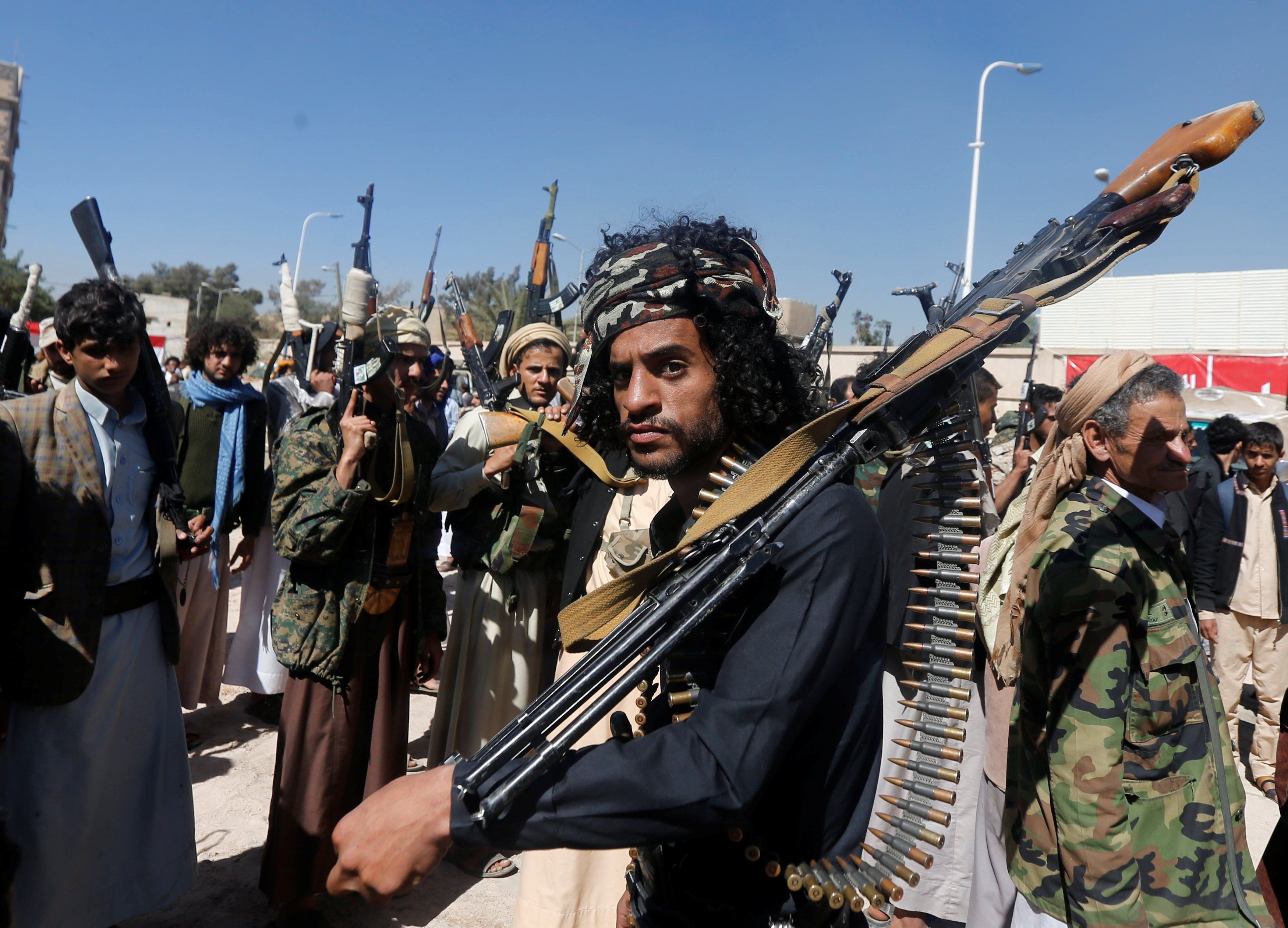As Israel prepares to launch its widely expected invasion of the Gaza Strip, Washington is bracing for blowback against American troops from proxy groups supported by Iran. The US says it is now reinforcing its air defenses, naval presence, aircraft, and troop numbers in the region.
Iran has spent years constructing a powerful network of proxy groups, which include Hezbollah in Lebanon, Houthi rebels in Yemen, an array of militias in Iraq and Syria, as well as Hamas and Palestinian Islamic Jihad.
In recent weeks, at least two dozen US troops stationed in Iraq and Syria have been wounded in a fresh wave of rocket and drone attacks attributed to Iran-backed groups, and last week US forces intercepted Houthi-launched missiles headed toward Israel. There are currently more than 30,000 US troops in the region. Most are based in the Persian Gulf monarchies and Iraq.
So far, both Iran and Israel have shown little appetite for a direct conflict, but proxy groups are a way for Tehran to indirectly harry the US and Israel.
The trouble is: Proxies are sometimes hard to control. If one of these groups goes further than Iran intends, a wider war could flare up fast.
- Ian Explains: How Israel & Iran went from friends to enemies - GZERO Media ›
- Podcast: Iran's role in the Gaza war: is escalation inevitable? - GZERO Media ›
- What’s Iran’s next move? - GZERO Media ›
- Israel's war in Gaza has emboldened Iran, says Karim Sadjadpour - GZERO Media ›
- Iran thrives on Arab "misery", says expert Karim Sadjadpour - GZERO Media ›
- US-Iran tensions complicate Biden's Middle East strategy - GZERO Media ›
